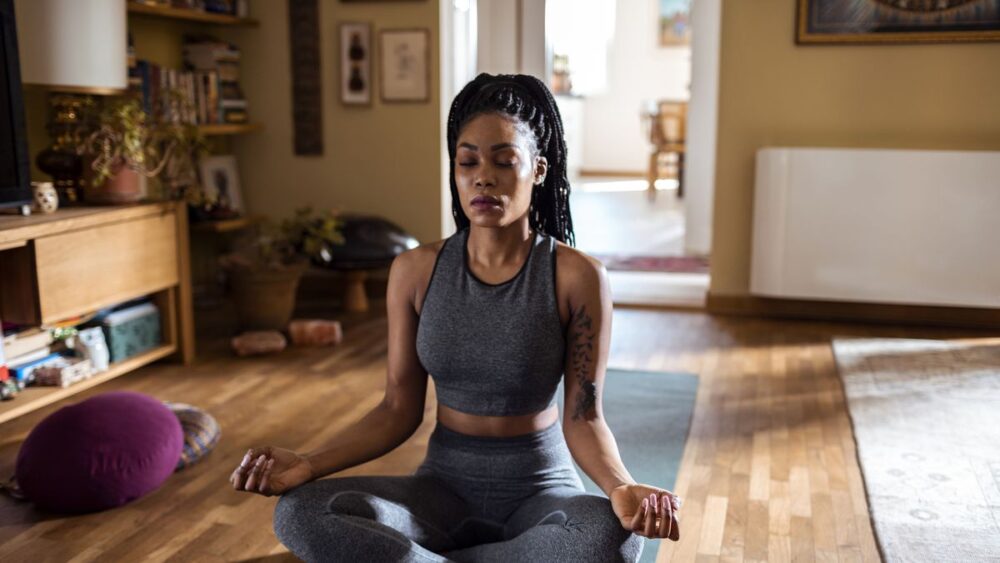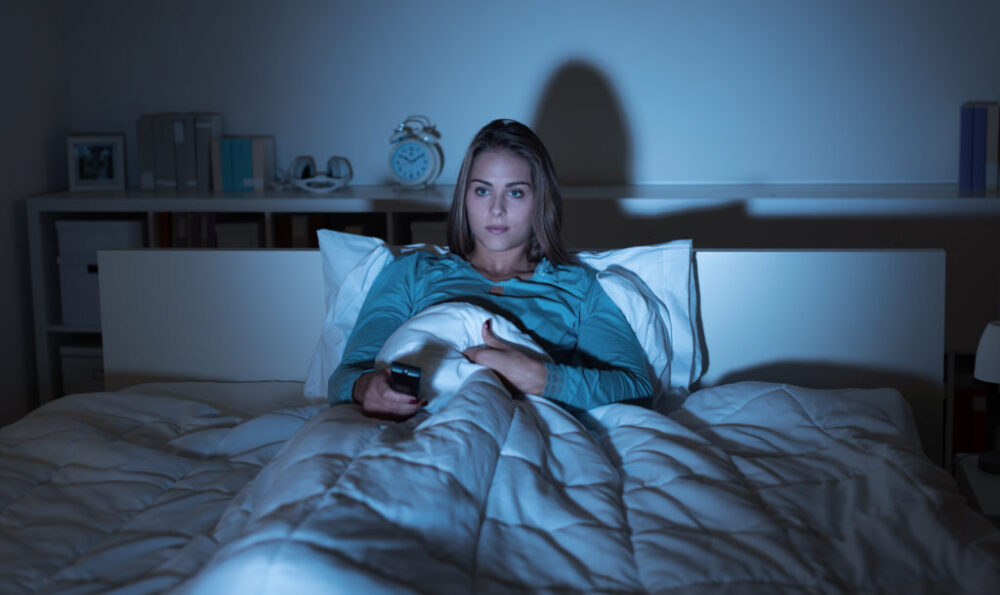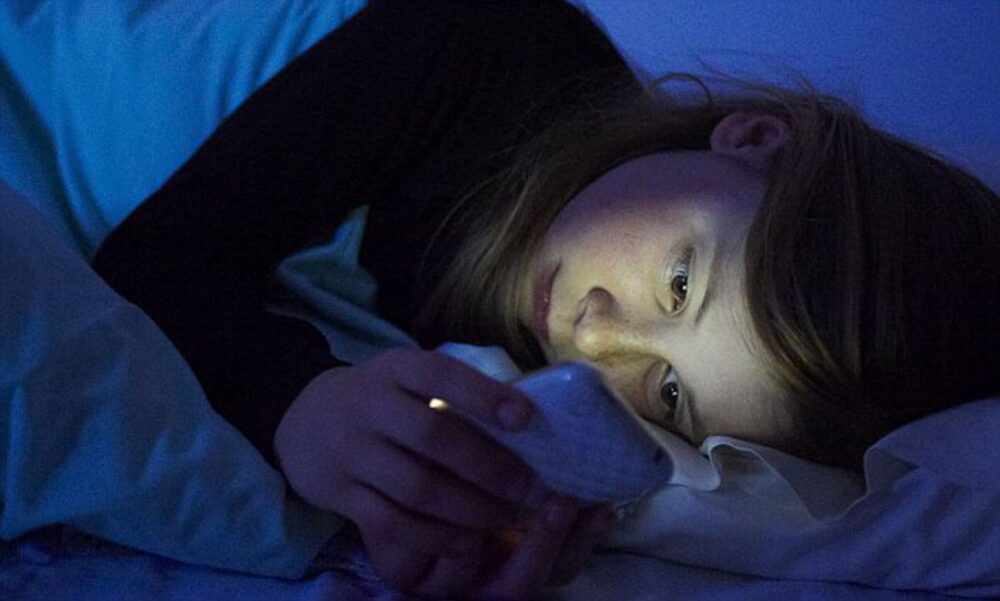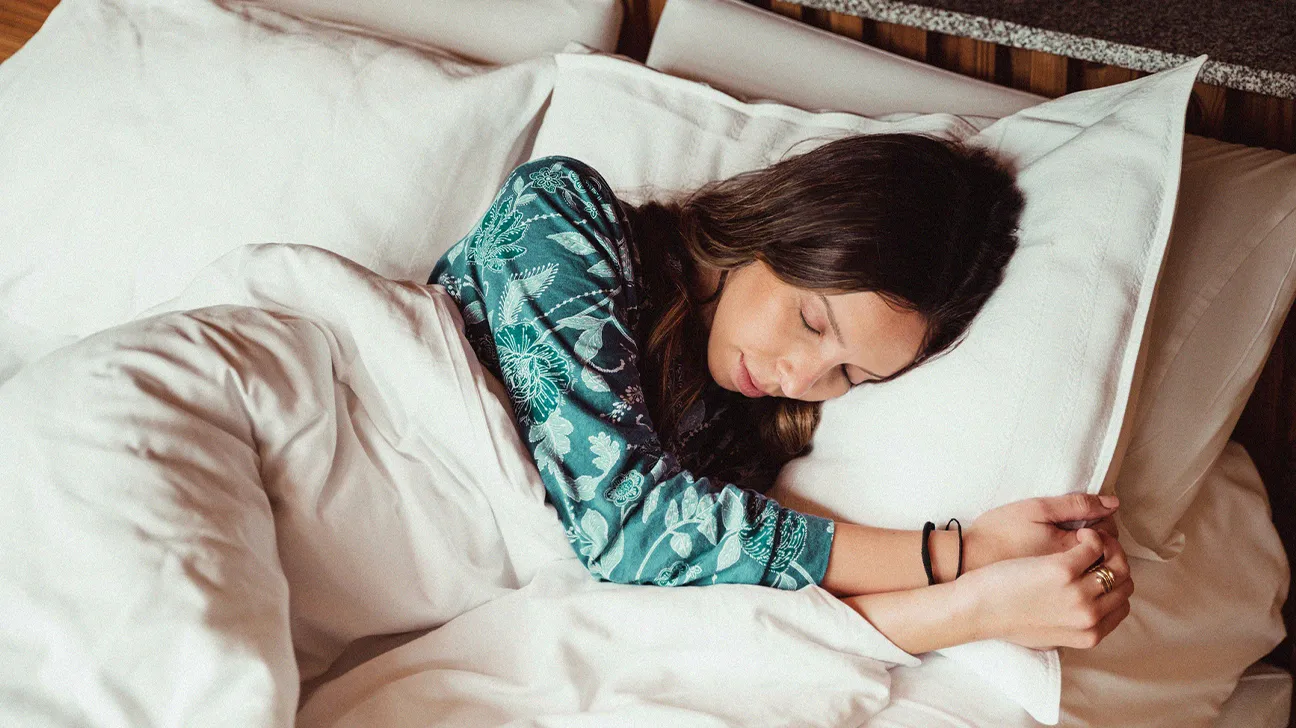The traditional Jewish religious blessing of ‘live long and prosper’ is a mantra that everyone in the world can subscribe to.
The uncertainty of life means that longevity is not guaranteed, but there are things people can do to improve their chances of achieving this.
One of the elements within our control is getting quality sleep, which can be tricky in an age where people seem to have less spare time at their disposal.
However, it is completely feasible to create the optimum conditions for sleep by implementing a few handy tips backed by research experts.
Establish a routine

Source: netdoctor.co.uk
A recent study by Betway Insider highlighted the importance of establishing a bedtime routine to ensure you get a good night’s sleep.
They found that meditating for half an hour before bedtime was the best way to avoid disturbances during the night, with participants spending an average of just 12 minutes awake.
Meditation provided participants with the deepest sleep, which is the stage when the body and mind rest and recuperate the most.
Dr Susheel Patil of the Johns Hopkins Sleep Centre is among the experts who supports the idea that a relaxing pre-bedtime routine is crucial to getting quality sleep.
“Everyone should get seven to eight hours of sleep per night to feel rested, otherwise you will feel tired throughout the week,” Patil said.
“Often, people will try to catch up on sleep over the weekend to repay the ‘sleep debt’ we accumulate over the week. While this can help, one weekend of increased sleep is not enough to repay it.
“One of the keys to good sleep is establishing a routine – make sure you have a wind-down schedule before going to bed.
“There are many potential treatment options for sleep issues, so ask your doctor and if needed, ask for a referral to see a sleep medicine physician.”
Avoid late night workouts

Source: glam.com
Experts advocate staying activity to boost physical health and mental wellbeing, but the advice comes with a caveat where sleep is concerned.
Having established that meditating is the best pre-bedtime activity for sleep, the study discovered that working out at home before bed was one of the worst.
Participants spent an average of almost half an hour per night awake after undertaking a late-night workout, thus negating the benefits they would normally derive from the activity.
English neuroscientist Matthew Walker has conducted numerous studies into sleep and wrote international best-selling book Why We Sleep in 2017.
He says that working out late at night should be avoided at all costs if people want to enjoy the best quality sleep each night.
“If you’re feeling run-down in the morning, your late-night workout on the treadmill may be to blame,” said Walker.
“For some people, a midnight workout or intensive yoga session too close to bedtime can make it harder for the brain to wind down.
“Aim to finish heavy exercise two to three hours before hitting the sack.”
Tone down your TV content

Source: mattressadvisor.com
Another intriguing element of the study was the quality of the sleep gained by the participants after watching different things on television.
Watching a comedy film before bedtime was one of the top-ranking activities to undertake, finishing just behind meditating and wearing a sleep mask.
By contrast, watching the news, a horror movie or true crime all scored badly, finishing in the bottom four of the 14 activities included in the study.
Martial artist and entrepreneur Sam Yang is among the experts who gives plenty of consideration to what he watches on television before going to bed.
“I like to think of getting to sleep like writing a good story,” Yang said.
“The last act, the last few hours before I sleep has to lead me to the conclusion, it shouldn’t just happen abruptly or the audience – in this case your body – will be confused.
“So I try to eat dinner early, avoid exercise at night, get washing up out of the way and stop checking all emails and texts.
“I start to dim the lights, avoid watching television that’s too engaging and finally head into my bedroom for sleep. I find proper sleep requires its own space.”
Keep devices away from the bedroom

Source: dailymail.co.uk
It would be fair to say that many people are overly attached to digital devices such as personal computers, laptops, tablets and smartphones.
Mobile gaming and scrolling social media were tested in the study and both activities were found to be disruptive to sleep when undertaken just before bedtime.
Numerous sleep studies advocate keeping digital devices out of the bedroom wherever possible due to the disruption they can cause to sleep patterns.
However, according to sleep expert Martin Seeley, people should stop using their devices a significant period of time before they go to bed to ensure their sleep is not ruined.
“Turn your electronic devices off at least an hour before your bedtime,” Seeley said.
“The blue light emitted by the screens of your digital devices like smartphones, tablets and laptops can mess with your sleep cycle by disrupting your circadian rhythm and melatonin production.
“Therefore, it’s best to stop using any electronics at least one hour before bedtime.
“If you have trouble falling asleep without checking your phone every few minutes or watching TV before bed, try downloading an app like Twilight or Light Timer (for iOS) to limit screen time during the evening.”
Conclusion
The results of the study undoubtedly prove that creating a relaxing pre-bedtime routine lays the foundations for getting quality sleep.
Meditation is the clear winner in this regard, although several other activities are useful in creating the right environment for a good night’s sleep.
Ultimately, the key consideration is to create a scenario where sleep time is given the respect it deserves so you can function properly every day.
People spend an average of one-third of each day in bed. On that basis, why wouldn’t you treat it seriously?


















